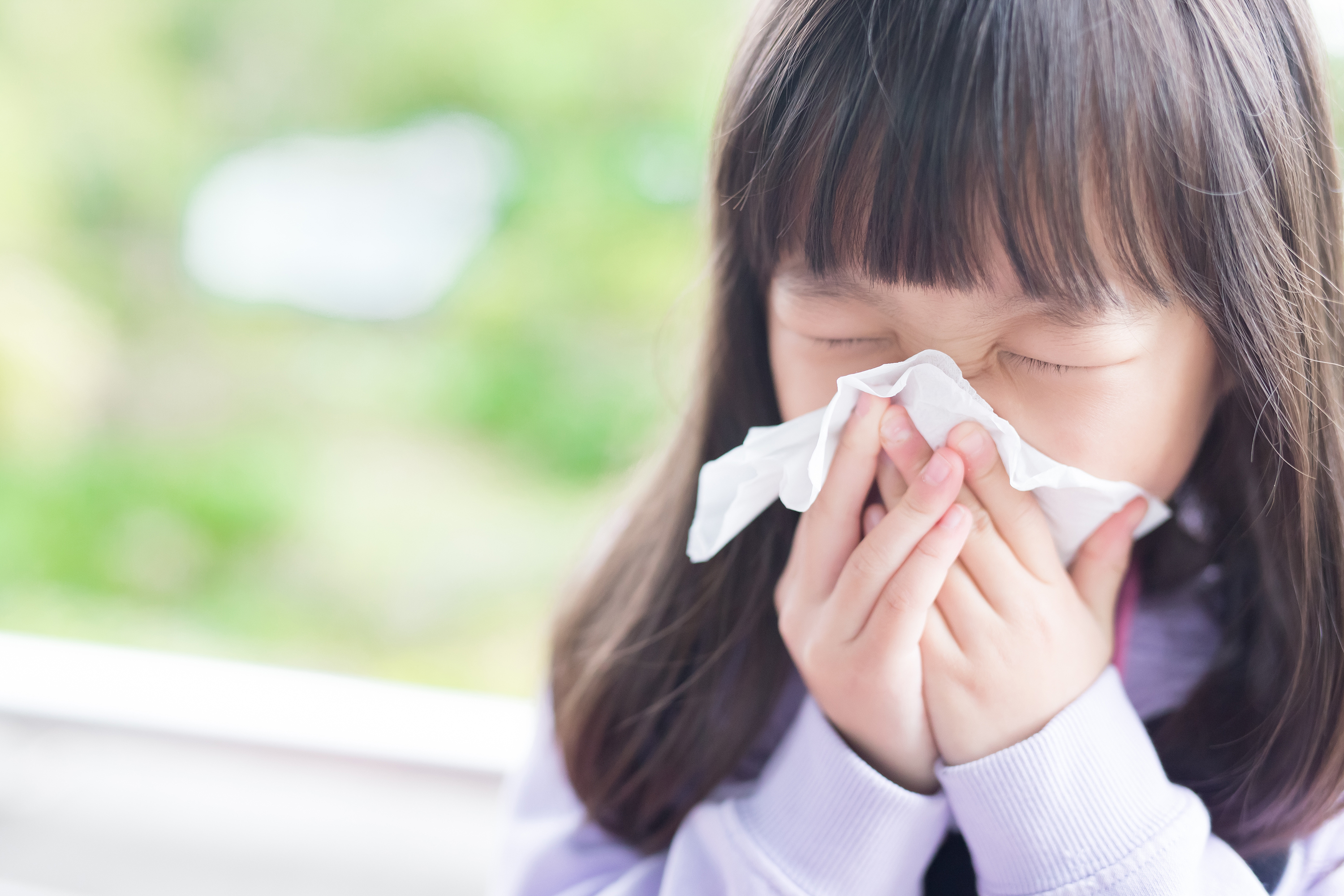Asthma Clinic
Asthma can be considered episodic, recurrent lung illness that is marked by wheezes and coughs; linked to coming into contact with airborne allergens, pollution, viral infection, and exercise. In the event a child is afflicted with asthma, he/she could become extra-sensitive towards allergens and irritants.
Facts

Asthma Fact 1
Asthma constitutes the most common chronic illness, afflicting 10-15% of children in Canada.

Asthma Fact 2
Initial diagnosis of asthma could be undertaken at any age; however, it usually commences during childhood.

Asthma Fact 3
Allergies and asthma usually occur concurrently. Indeed, 80% of asthmatic people are also afflicted with allergies.
What is Asthma?

Asthma refers to a chronic condition wherein the bronchial tubes or airways lining become irritated and inflamed. The muscles bordering the airways could also become tight resulting in wheezing, shortened breath, and recurrent cough. Many asthmatic patients have allergic causes; however, there are other numerous things that also trigger the symptoms of asthma. A genetic pre-disposition for asthma development exists. Scientific investigations have revealed that treating minors who are solely afflicted with nasal allergies (allergic rhinitis) using allergen immunotherapy could reduce the possibilities of asthmatic growth in old age.
Symptoms
- Fatigue
- Difficulty breathing during exertion or exercise
- Wheezing
- Cough
- Chest tightness
- Shortened breath
Causes
- LPR/Gastroesophageal reflux disease
- Changes in weather
- Emotional Stress
- Certain medications could cause asthma among some patients
- Coming into contact with allergens within the air, for instance, mold, animal danders, dust mite allergens, and pollens
- Coming into contact with irritants within the air, for instance, cigarette smoke and perfume
- Cold air
- Infections
- Exercise
Testing
Breathing tests are conducted within the office to assess a childâs breathing and lung function. In some instances, additional testing such as chest x-ray, methacholine challenge, and flow volume loop is required. Following a comprehensive history alongside physical exam, the provider will discuss the recommended tests.
Spirometry (pulmonary function testing): Â Â This constitutes the most prevalent kind of breathing test undertaken within the office. It determines the quantity exhaled air at various durations in complete exhalation. The test is usually conducted after and prior to treatment using a medication for asthma (bronchodilator) to determine whether there are improvements following the medication.
Flow volume loops: Â This test resembles spirometry but it is used for measuring how air moves via the vocal cords and upper airway.
Methacholine Challenge: Â The test is used for measuring airway responsiveness towards methacoline (inhaled substance). It could help in determining whether an individual is asthmatic when other tests are inconclusive or non-diagnostic.
Chest X-Ray:Â refers to radiographic lung pictures.
Treatment
Our respirologists, allergists, and pediatricians manage pediatric asthma; they also help patients cope with allergies and asthma so they could lead normal, healthy lives. The focus is put on individualized patient care that has constituted part of the practice philosophy of our clinic for the past 75 years.
- Medications: There are several medications utilised for asthma. Asthmatic patients require bronchodilator (a reliever inhaler) that could be utilised in helping treat symptoms of asthma when they present. Similarly, it could be utilised prior to exercising to avert symptoms. Ventoline constitutes the most commonly used broncholdilator. Some patients require controller therapy on daily basis to mitigate their asthma. The provider has the responsibility of recommending the kind of treatment that is ideal for children.
- Asthma treatment plan: Â Our pediatricians help parents create a mutually agreed upon care plan for children afflicted with asthma.
- Avoidance of asthma causes: Our pediatrician allergists offer guidance regarding how exposure of children to a childâs asthma and allergy can be reduced.
